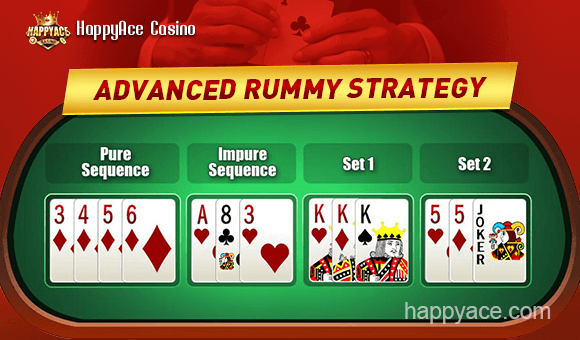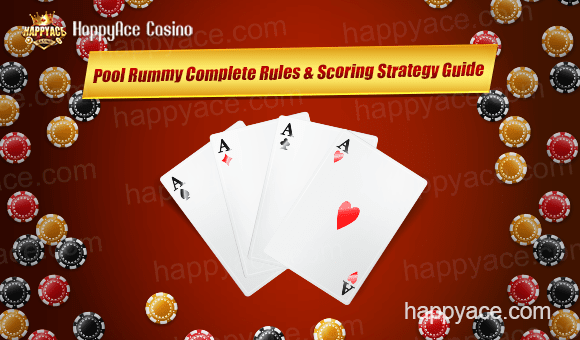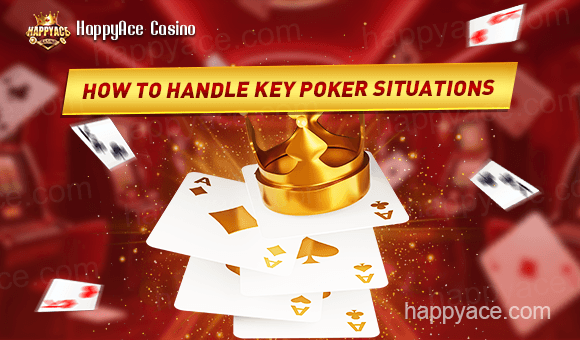This comprehensive guide breaks down the core mechanics of Points Rummy and Pool Rummy to determine which variation offers the smoothest, most educational, and most rewarding initiation for a novice player.

Understanding the Basics: The Common Ground
Before diving into the differences, it's essential to recognize what both variants share. Both Points Rummy and Pool Rummy are based on the popular 13-Card Indian Rummy. The core objective remains the same:
- Objective: To arrange all 13 cards into valid sets (three or four cards of the same rank but different suits) and sequences (three or more consecutive cards of the same suit).
- Mandatory Rule: A valid declaration requires a minimum of two sequences, one of which must be a Pure Sequence (a sequence without the use of a Joker).
- Card Values: Face cards (King, Queen, Jack) and Ace (when used as a high card) are worth 10 points; numbered cards are worth their face value; Jokers are worth 0 points.
The Contenders: Points Rummy
Points Rummy is the simplest, quickest, and most straightforward version of Indian Rummy. It's the closest variant to a traditional single-round card game.
Key Mechanics of Points Rummy
| Feature | Description | Implication for New Players |
|---|---|---|
| Structure | A single deal/round game. The moment one player makes a valid declaration, the game ends. | Fast-Paced Learning: New players can play many hands quickly, allowing for rapid practice of basic melding and sorting skills. |
| Scoring | Players pre-determine a monetary value for each point (e.g., ₹2 per point). The winner gets zero points, and the losers' unmelded card points are totaled, capped at a maximum of 80 points. | Clear, Instant Result: The outcome and associated winnings/losses are immediately clear. No need to track scores across multiple deals. |
| Prize Calculation | Winner's prize = Sum of all losing points $ imes$ Rupee value per point. | Predictable Risk: Since the maximum points a loser can accumulate is capped at 80, the maximum risk per round is easily calculated (e.g., 80 points $ imes$ ₹2/point = ₹160). |
| "Drop" Option | Players can "Drop" out before their first turn (First Drop: 20 points) or after their first turn (Middle Drop: 40 points) to minimize loss. | Safety Net: Offers an easy way to concede a bad hand and limit losses without playing the full round—crucial for risk management. |
Points Rummy is the ideal baptism by fire. Its single-round structure means hands are over quickly. This rapid-fire gameplay gives beginners a high volume of practice in a short period. They learn to quickly:
1. Assess the Hand: Is there an immediate pure sequence?
2. Prioritize Melds: Which card to pick/discard to form the best combination?
3. Manage Risk: When is it better to drop the hand to save points?
Because the risk is contained to a single, easily calculated maximum (80 points $$ imes$$ value), players can experiment and learn without the pressure of a massive, accumulating loss.
The Contenders: Pool Rummy
Pool Rummy is a multi-round, tournament-style game. It requires strategic endurance and an awareness of other players' scores. It is played until all but one player is 'eliminated.'
Key Mechanics of Pool Rummy
| Feature | Description | Implication for New Players |
|---|---|---|
| Structure | A continuous tournament. Players pay a fixed entry fee into a 'pool.' The game continues across multiple deals until all players except one reach a pre-set elimination score (e.g., 101 or 201 points). | Long-Form Strategy: Requires sustained focus and long-term planning, which can be taxing for beginners. |
| Scoring | Winner of each deal gets 0 points. Losers' unmelded card points are added to their running cumulative score. | Accumulating Risk: Points stack up across multiple deals. A few bad rounds can put a player near the elimination threshold. |
| Prize Calculation | The last player remaining (the one who did not reach the elimination score) wins the entire prize pool. | High Stakes: Since the winner takes all, the pressure on players nearing the limit is intense, forcing complex, high-stakes decisions. |
| Elimination Threshold | The game stops for a player once their cumulative score reaches the pool limit (101 or 201 points). | Focus on Survival: The primary goal is not just to win deals, but to play conservatively enough to survive elimination. |
Pool Rummy is a marathon, not a sprint. While the rules of any single hand are identical to Points Rummy, the context is entirely different. For a beginner, the challenges are significant:
- Endurance and Focus: Beginners are prone to errors over long sessions, and every error in Pool Rummy results in points that stack up.
- Complex Strategy: The strategy shifts dramatically as a player's score rises. A player with 90 points in 101 Pool must play incredibly tight and avoid any drop or big loss, which requires a nuanced understanding of risk not present in Points Rummy.
- Higher Entry Barriers: The entry fee is higher and the time commitment is longer, making the initial investment and potential loss more substantial if the beginner makes early mistakes.
Based on the structure, pacing, and risk management potential, Points Rummy is unequivocally the superior starting point for any novice Rummy player.
✅ Why Points Rummy Wins for Beginners
1. Low Time Commitment, High Practice Volume: The quick, single-deal structure allows beginners to cycle through hands rapidly. This repetition is key to mastering the basic skills of:
- Card Sorting and Meld Identification
- Quick Draw/Discard Decisions
- Joker Utilization
3. Clear Learning Goals: The immediate goal is simple: make a valid declaration first. This clear objective simplifies the decision-making process, allowing the player to focus purely on card mechanics.
❌ Why Pool Rummy Should Wait
1. Punishing Mistakes: In Pool Rummy, a beginner's mistake in the early rounds (e.g., dropping a hand for 20 points) carries a persistent penalty that follows them for the entire tournament, limiting their strategic options later on.
2. Strategic Overload: Pool Rummy requires meta-game strategy—thinking about the cumulative score, knowing when to take a big risk, and knowing which opponent to target. This is too much to manage while still learning the fundamental pure sequence rule.
3. High Stakes Pressure: Playing under the constant threat of elimination (especially in high-value 101 or 201 Pool games) creates unnecessary stress that hinders effective learning.
A Roadmap for the Rummy Novice
To successfully transition from a beginner to a skilled Rummy player, we recommend the following progression:
| Stage | Variant | Focus Area | Why This Stage? |
|---|---|---|---|
| Stage 1: Foundational Learning | Points Rummy (Low-Value) | Master the rules, quickly identify pure sequences, and practice strategic dropping. | Builds muscle memory for melding and provides rapid, low-risk feedback on decisions. |
| Stage 2: Skill Building | Points Rummy (Medium-Value) | Focus on reading opponents' discards, calculating their unmelded points, and minimizing your final score even when losing. | Introduces competitive elements and hones defensive play under slightly higher pressure. |
| Stage 3: Strategic Endurance | Pool Rummy (101 Points) | Learn to play conservatively, manage cumulative scores, and survive the elimination threshold. | The first taste of long-form Rummy, emphasizing endurance and survival strategy. |
| Stage 4: Advanced Mastery | Pool Rummy (201 Points) | Perfect long-term planning, understand game dynamics as the table shrinks, and master the art of the 'safe' declaration. | The ultimate test of Rummy skill, requiring maximum focus and complex financial/strategic management. |
If you are new to the world of Rummy, your first stop should be Points Rummy.
It is the perfect, distilled version of the game that isolates the core mechanical skills, allowing you to learn quickly, practice frequently, and manage your financial risk responsibly. Once you can consistently make a fast, valid declaration and know exactly when to cut your losses with a smart 'Drop,' you will be ready to tackle the complexities and competitive depths of Pool Rummy.
Start simple, master the fundamentals, and only then lengthen your strategy into the marathon of the Pool format.











